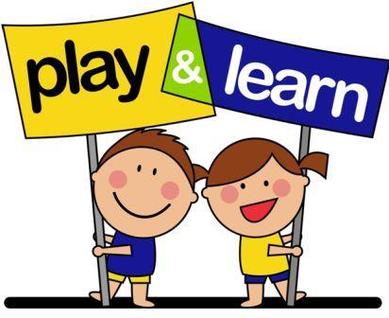One has to learn these tricks in the long run as they can be of immense help at your workplace as well. At the same time, you need to treat your workplace like a playground where you have to emerge as a winner. There could also be an opposite team who wants to defeat you, but your tactics that you learned at playground could help you here. Here you need to adopt different strategies to emerge as winner. Here are some of the benefits that could be seen as a result of learning from playing.
This term indicates giving a ‘reward’ for good behavior. It includes training instructions or performing a skill. To ensure that positive behaviour is maintained, rewards could include simply commenting on good practice. It could also include offering a smile. By associating between good behaviour and positive feelings, athletes will always want to receive further rewards and will continue to behave well. So this approach should be adopted in management world as well and the employees performing the best should be rewarded.
Negative Reinforcement
The term ‘Negative reinforcement’ involves providing negative response to bad behaviour. The coaches can tell the athletes to stop a bad behavior. He should also be strict enough to say that if bad behaviour is continued, a negative consequence will definitely occur. An example in this reference is that the coach states his team that if the group is badly behaved, they won’t play the games which they enjoy the most.
Tactical Ignoring
If we stop safe inappropriate behaviour, it is like not being ‘rewarded’ with attention and will definitely lead to its stopping.


 RSS Feed
RSS Feed
